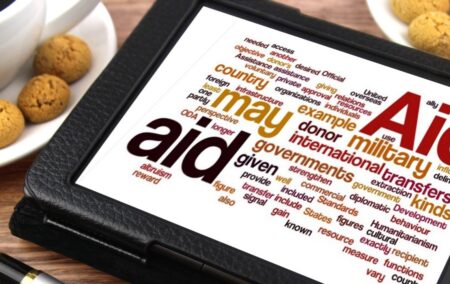Africa needed development assistance from the Western world, but this needed to be on the basis of local ownership, and not colonial-style control.
So said Eastern Cape premier Oscar Mabuyane at a policy discussion on development assistance. Stressing the need to rehabilitate and upgrade infrastructure, he said: ‘Official development assistance agencies should partner with us to improve socioeconomic infrastructure such as water and sanitation, modern schools and health facilities as these will improve the quality of life of our people.’
He added that there was a strong moral imperative to provide development assistance. ‘We believe Western nations should assist to rebuild our continent,’ he remarked. ‘We are in this mess of underdevelopment because of their colonial deeds.’
Mabuyane went on to say: ‘It is our belief that recipient countries must have a bigger say on where and how development assistance should be used as they are better informed about challenges on the ground than donor countries.’
Development assistance is of relatively little importance to South Africa, although in certain respects – such as work on HIV/AIDS – it is of outsized importance.
Civil society groups have also drawn heavily on resources from abroad – which the government has from time to time noted with disapproval, accusing them of fronting ‘foreign interests’.
Foreign development assistance in Africa has increasingly been drawn from non-Western sources, particularly from China. Earlier this year, the Chinese ambassador to South Africa, Lin Songtian, noted that the country was failing to attract Chinese resources. ‘To date there are no major infrastructure projects from China here. Why? Because we don’t only need the concept of a project,’ he said in July.

